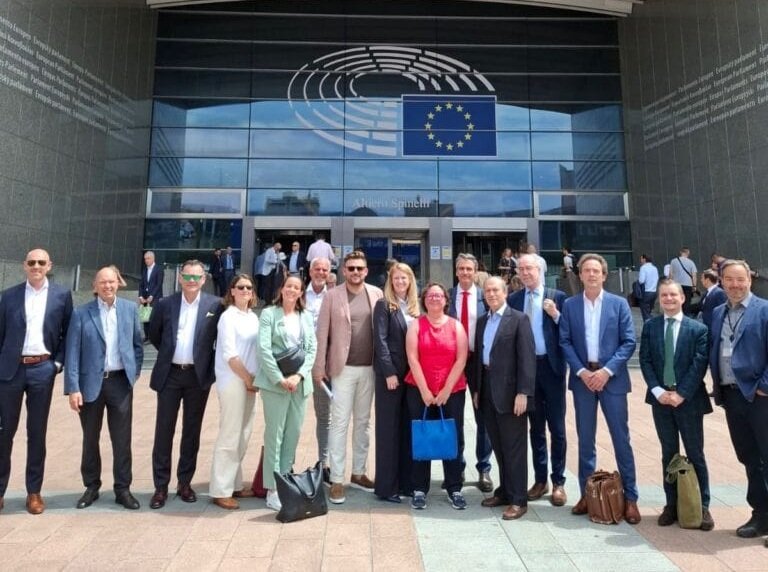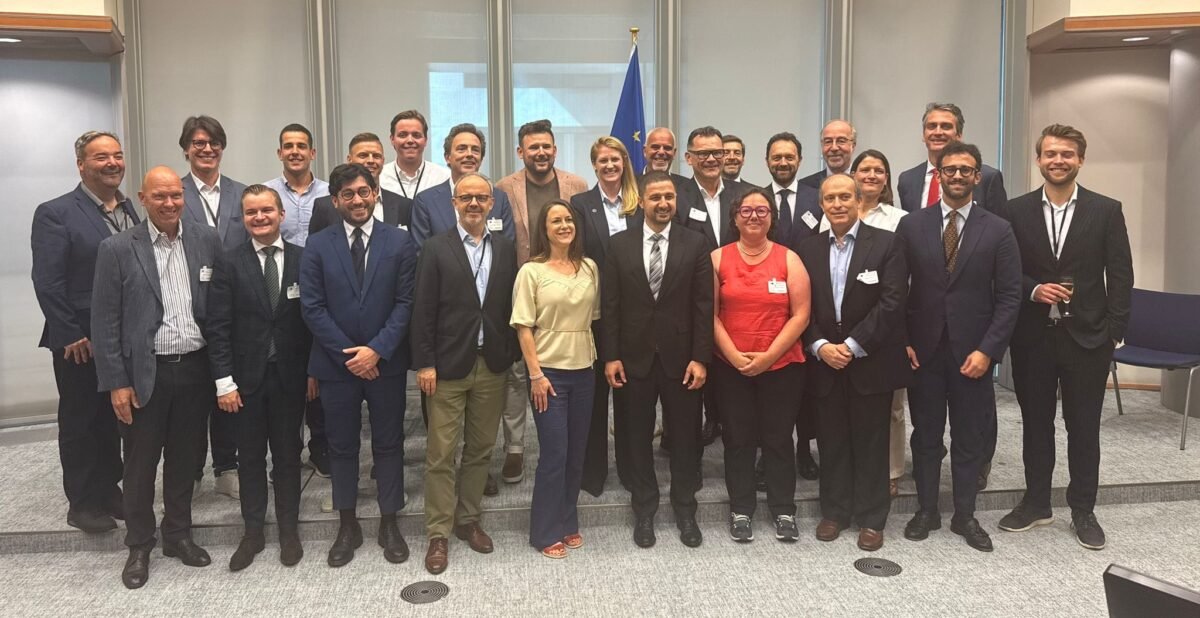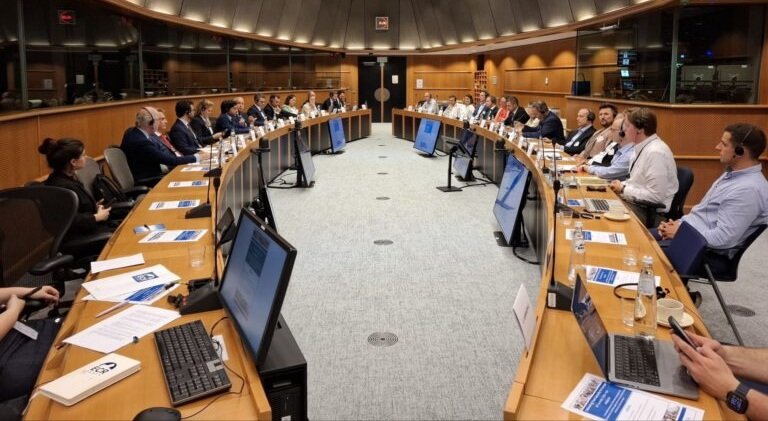The Global Cold Chain Alliance (GCCA) has called on European policymakers to prioritise investment in temperature-controlled logistics as part of efforts to strengthen the continent’s food supply chain resilience.
The appeal was made during a roundtable discussion hosted in Brussels on June 25, where Members of the European Parliament (MEPs) and industry leaders gathered to address vulnerabilities in the food supply chain. The event took place amid the European Parliament’s development of a new EU Preparedness Union Strategy, which includes proposals for a coordinated approach to food stockpiling and crisis readiness.
GCCA Director for Europe Julie Hanson highlighted the increasing frequency and impact of recent geopolitical, economic, health and climate-related disruptions. She stated: “Cold storage and refrigerated transportation are central to Europe’s food supply chain resilience. EU policy must support and incentivise investment into the facilities, vehicles, resources and skills that the cold chain needs for today and for the future.”
The roundtable was hosted by Adrian-George Axinia MEP (Romania) and featured contributions from MEPs Daniel Buda, Maria Georgiana Teodorescu, Sander Smit, and Piotr Muller, as well as Romanian lawyer Gheorghe Piperea. Industry participants included representatives from GCCA, the European Cold Storage and Logistics Association, national cold chain associations, and major companies such as Americold, DP World, Gdansk Cold Store, Group GTS, Jodifrost, Port of Antwerp Bruges and Thermotraffic.
Axinia stated: “Tackling vulnerabilities revealed by recent crises is our key priority during the current legislature. [...] We have to make sure any new crisis will have an immediate and efficient response.”
Discussion topics included the designation of cold chain logistics as critical infrastructure, the recognition of cold chain professionals as essential workers in crisis scenarios, and the removal of barriers to investment in infrastructure and capacity. Participants also addressed trade facilitation, energy efficiency, automation, and incentives to drive innovation.
This roundtable follows a 2024 industry-wide ‘Call to Action’ from cold chain stakeholders, urging European policymakers to support businesses in delivering food security and supply chain resilience.


